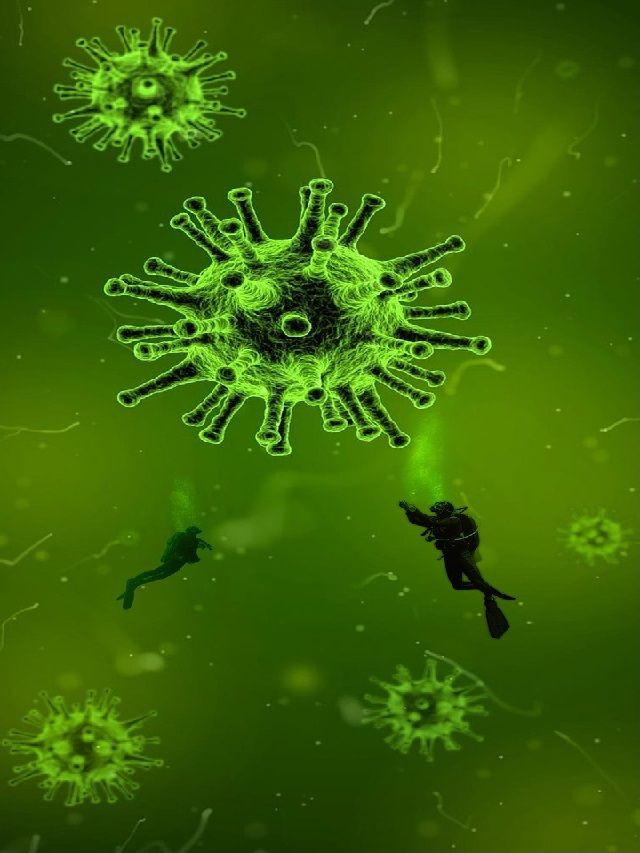Powassan virus, also known as POWV, belongs to the family of tick-borne encephalitis viruses (TBEV). It’s a disease that can have serious consequences, including death if left untreated.
If you are interested in what the Powassan virus is and how it affects the body, read on for everything you need to know about this disease.
What is Powassan virus?
Powassan virus is a rare disease that can be deadly. The virus is transmitted through the bite of an infected tick. Symptoms of Powassan virus include headache, vomiting, weakness, fever, confusion, seizures, and paralysis.
There is no specific treatment for Powassan virus, so it is important to take steps to prevent tick bites. If you experience any of these symptoms after being bitten by a tick, contact your doctor immediately.
If you are bitten by an infected tick you should remove the tick as soon as possible.
You should also wash the area with soap and water or alcohol wipes before going to bed or taking medication in order to reduce risk of infection.
Signs and symptoms:
Powassan virus is a rare but serious illness that can cause inflammation of the brain (encephalitis). Symptoms include headache, vomiting, fever, weakness, confusion, seizures, and paralysis.
In severe cases, the virus can be fatal. There is no specific treatment for Powassan virus infection, so it is important to take steps to prevent it.
Be sure to protect yourself against ticks when outside by wearing long sleeves and pants, using insect repellent, applying DEET-containing mosquito repellent directly on skin or clothing in areas where ticks are present, walking in the center of trails, checking your body after outdoor activities such as hiking or camping.
If you find a tick attached to your skin remove it as soon as possible by gently pulling on its head until it detaches from your skin.
How is it spread?
Powassan virus is a tick-borne illness that can be spread to humans by infected ticks. The virus can cause encephalitis and meningitis.
Symptoms of Powassan virus infection include headache, vomiting, fever, weakness, confusion, seizures, and paralysis.
There is no specific treatment for Powassan virus infection, so it is important to take steps to prevent tick bites.
Treatment:
There is no specific treatment for the Powassan virus. However, if you are diagnosed with the virus, your doctor will likely prescribe a course of treatment to help relieve your symptoms and speed up your recovery.
This may include rest, fluids and pain relievers. In severe cases, hospitalization may be necessary. There is no vaccine for the Powassan virus, so the best way to prevent it is to avoid being bitten by a tick.
Related articles:

